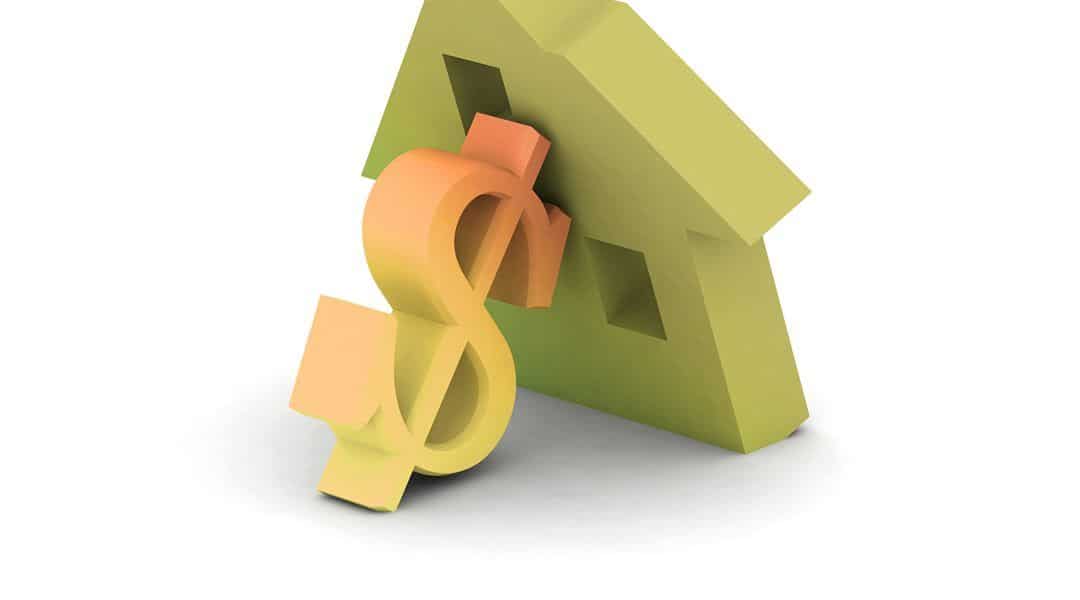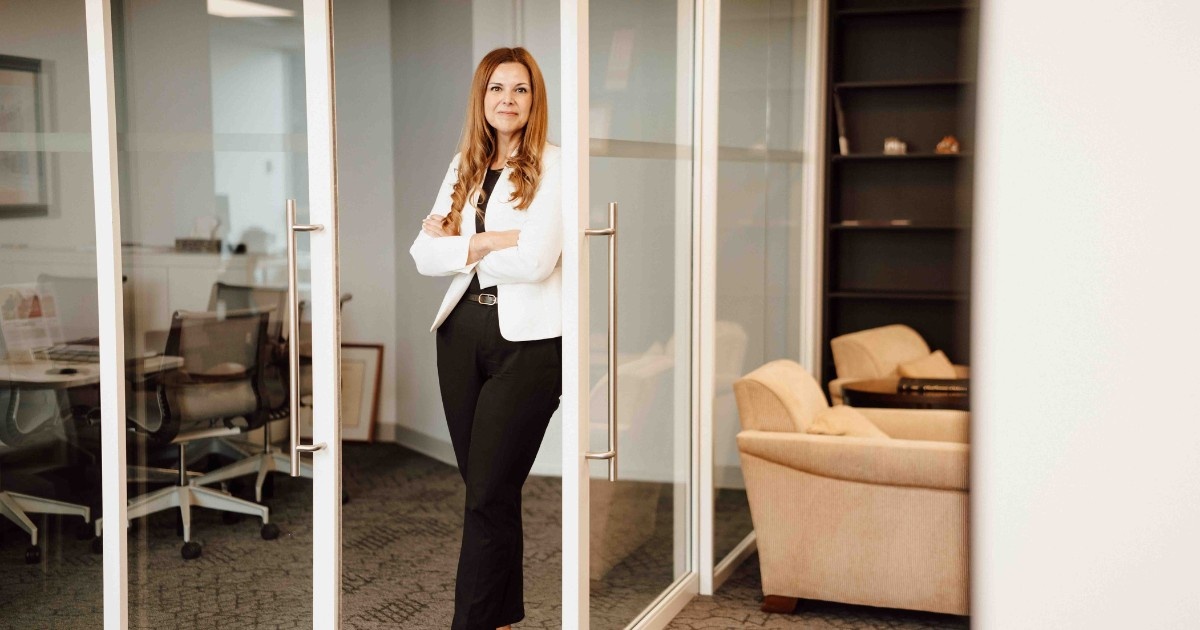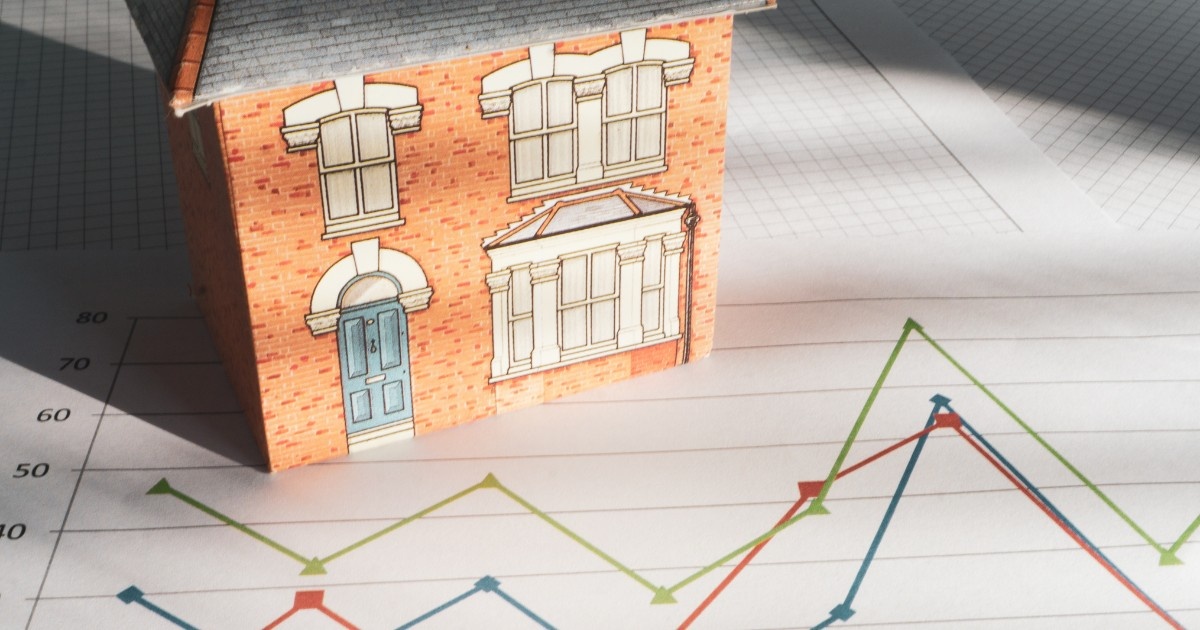As most homeowners are aware, mortgage life and default insurance is different from homeowner’s insurance, which provides coverage for loss caused by fire, theft, and in some cases, floods or sewer back-ups. There are primarily two other types of mortgage insurance: Life and/or disability insurance and mortgage default insurance.
Life/disability insurance
This type of mortgage insurance comes into effect upon the death or serious permanent disability of a borrower in situations where there is an outstanding mortgage registered against a homeowner’s property. It will result in the payment by the insurance company of the outstanding balance under the mortgage. While this is not a universal requirement, some mortgage companies insist that a borrower purchase this insurance prior to advancing funds.
It is very important for a homeowner to clarify when the insurance comes into effect. It might be upon the death of either mortgagor, any one specific mortgagor or only upon the death of the last mortgagor. This can give rise to important questions. For example, if there were two people who signed the mortgage, does the payout of the outstanding balance only occur upon the death or permanent disability of the last of the mortgagors?
Based on my many years of experience, I always recommend that clients speak to their own life insurance agent/consultant about the costs for this product. In general, I have noticed it is less expensive if purchased through your own insurance agent rather than using the insurance offered by the financial institutions.
Mortgage default insurance
This guarantees payment of the outstanding balance of a mortgage in situations where the borrower goes into default of their payments. There are additional provisions contained in all mortgage documents or ancillary documentation which requires the borrowers to:
- Keep taxes current (whether paid directly to the tax department or as a component of the mortgage payment)
- Keep fire and liability insurance in place
- Keep the property in good condition
- Pay the monthly common expenses – applicable in condominiums, co-ownerships and co-operatives
- Pay any special assessments that may arise if you live in a condominium, co-ownership or a co-operative building
In the event any one or more of these obligations are not fulfilled as required, it is deemed to be a default under the mortgage, regardless of whether the financial institution has to lay out money for any arrears of taxes, insurance, other utility items, payments for monthly common expenses or monies for repairs. If the lender suffers any loss resulting from a sale of the property by the lender because of the default, the lender can make a claim for such loss to the mortgage insurer.
Mortgage default insurance is available through Canada Mortgage and Housing Corp. (CMHC), which as the name suggests is a public entity. It was funded and originally created by the federal government after the Second World War. The initial intention was to provide low-cost housing and relatively affordable mortgages to the veterans returning from overseas. Currently, there are also two private entities who offer this type of mortgage default insurance: Canada Guaranty Mortgage Insurance and Genworth Financial Mortgage Insurance Company of Canada.
This second type of mortgage default insurance helps individuals who otherwise would not financially qualify to purchase a home, or enter into the real estate market. It does not protect the buyer, but rather protects the lender in the event a homeowner has defaulted under their obligations, which in turn may result in the lender selling the property for a price that results in an actual monetary loss for the lender.
In these cases, the lender will then claim for reimbursement of its total loss and the insurance company will then pursue the borrower to recover the loss and all legal costs incurred in pursuing the claim. In cases where the buyer needs a mortgage that is greater than 80 per cent of the lesser of the purchase price or appraisal value, there is a requirement that the buyer/borrower purchase mortgage default insurance.
Due to the greater risk of default in cases where the buyer has less than 20 per cent as a down payment, the availability of default insurance results in lenders being willing to provide larger mortgages to individuals who would not otherwise qualify for a mortgage at all. Perhaps surprisingly (though not really – talk about a cartel!) the cost of the insurance premium for mortgage default insurance is the same, no matter who the mortgage insurer is. The actual insurance premium is added to the total amount of the mortgage; however, the premium is paid out to the insurance company from the proceeds of the mortgage funds advanced. For example:
- A mortgage of $300,000
- Mortgage insurance premium of $5,240
- Total mortgage registered on title: $305,240
- Gross mortgage proceeds advanced by the lender: $305,240
- Less mortgage insurance premium deducted from the advance and paid to the mortgage insurer: $5,240
- Net mortgage proceeds for the borrower: $300,000
- Mortgage payments are based on a mortgage in the amount of $305,240
Under today’s regulations – and unless there is some other form of financing available – for many first-time and even some second-time buyers, purchasing this form of mortgage default insurance is the only option available. My only word of advice is: 1) Research the options available, and 2) Do not bite off more than you can chew!
Toronto lawyer Martin Rumack’s practice areas include real estate law, corporate and commercial law, wills, estates, powers of attorney, family law and civil litigation. He is co-author of Legal Responsibilities of Real Estate Agents, 4th Edition, available at the TREB bookstore and at LexisNexis. Visit Martin Rumack’s website.















